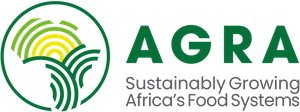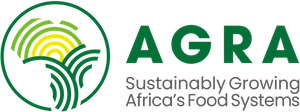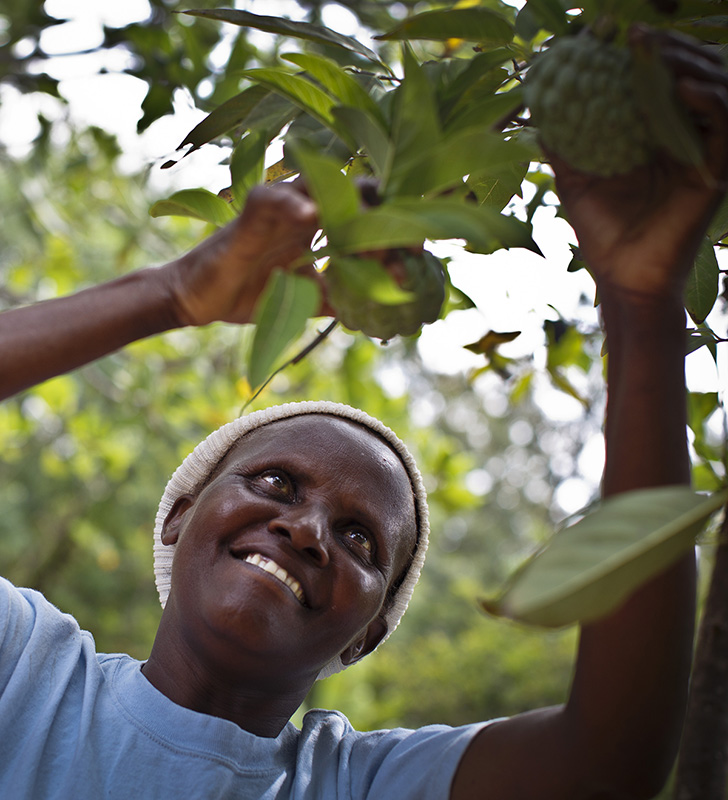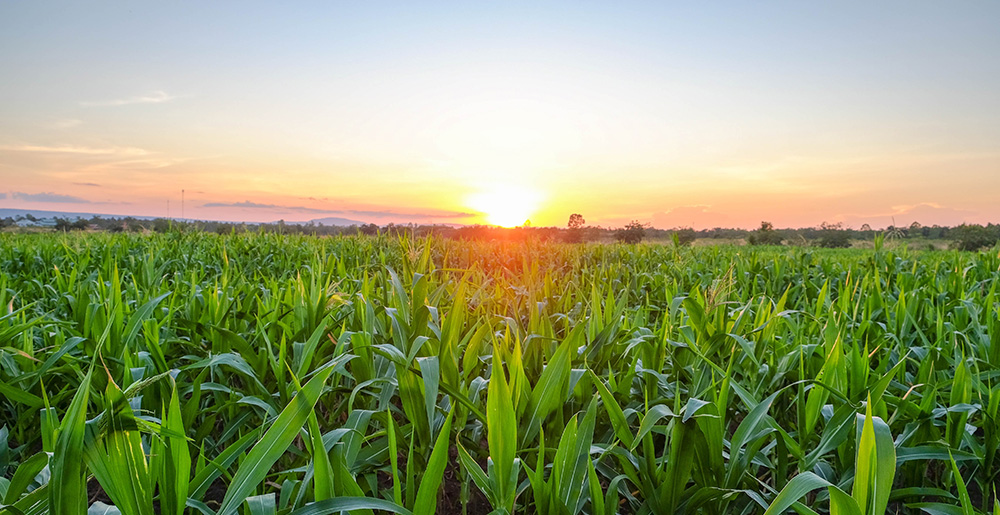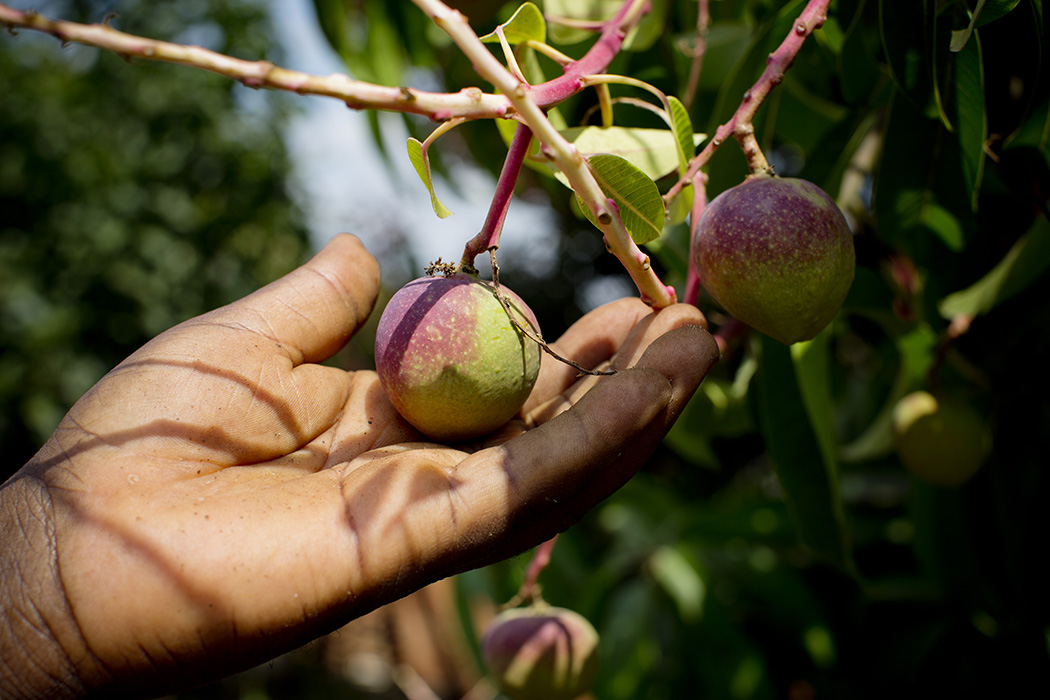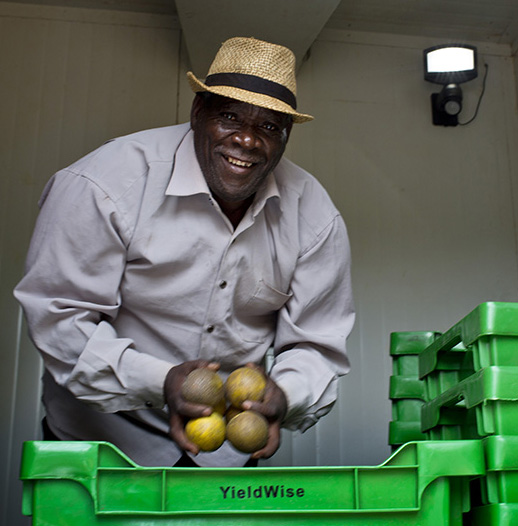A new draft law known as the Plant Variety Protection Act in Nigeria is set to provide legal intellectual property rights to plant breeders who develop new and improved seeds for increased crop production. Nigeria’s Federal Ministry of Justice is currently reviewing the draft law for possible adoption.
Through the Partnership for Inclusive Agricultural Transformation in Africa (PIATA), together with AGRA, the Rockefeller Foundation and Bill & Melinda Gates Foundation, USAID has been collaborating with the Nigeria Agricultural Seed Council (NASC) to support the enaction of legislation that will provide a plant variety protection system that will incentivize national and multinational agribusiness investments.
Additionally, at the global level both AGRA and USAID are collaborating with the International Union for the Protection of New Plant Varieties (UPOV) in Geneva, Switzerland to secure new seed systems and varieties of high-performance seeds for Nigeria’s agricultural transformation.
Nigeria currently faces gaps in the agriculture sector which include sub-optimal sector coordination, low productivity levels, limited access to finance and a lack of market linkages causing failures to leverage a huge domestic demand for food and opportunities to export to neighboring countries.
The vision of NASC is the creation of a seed system that is market-driven, capable of producing and distributing high quality and improved planting materials that are available, accessible and affordable to all farmers. This is with a view to transforming the seed system in Nigeria into a leading industry in sub-Saharan Africa with the capacity to become a leading employer of labor and generate foreign exchange volumes in line with the government’s Green Alternative. This has led Nigeria to initiate collaborations with national regional and international stakeholders including the National Assembly, Ministry of Justice, Ministry of Science and Technology, Federal and State Universities, National Agricultural Research Institutions, the ECOWAS Commission, International Research Institutions, private sector seed companies as well as NGOs and civil society groups.
Led by the Minister of Agriculture and Chairman of NASC Governing Board, Chief Audu Ogbeh, Nigeria has assured UPOV that it is keen on the domestication and adoption of legislation for Plant Variety Protection (PVP), Plant Breeder’s Rights (PBR) in Nigeria, as well as creating a platform for the sustainable production of early generation seeds for the seed industry.
To this end, the Council has opened discussions with UPOV regarding membership to the international body. If adopted, these pieces of legislation will enable breeders and foundation seed production companies produce, process/store and sell early generation seed for commercial seed companies; grow parent seeds on behalf of seed companies and where applicable, collect plant breeders’ rights licenses and fees on their behalf.
With a population of almost 180 million people estimated to nearly double to 400 million by 2050, there is urgency in putting together the steps to enhance strategic investments in the agriculture sector by availing crop varieties to farmers with the potential feed an ever-growing population and ensure national food security. The PBR law will give breeders and investors in the seed sector the assurance and confidence to invest in Nigeria and thereby address the current issues of unacceptably low yield per hectare produced by farmers. As a country that envisages creating and sustaining economic growth through agricultural value chains, enhancing productivity per unit area is of strategic importance.
Earlier, Nigeria’s interest in joining the membership of UPOV attracted the attention of the Secretariat, culminating in a visit by the Regional Officer for Africa and Arab Countries, Mr Ben Reviore, to participate in the SeedConnect Africa Conference and Exhibition organized by NASC in June 2018. The UPOV Secretariat followed this engagement up by extending an invitation to Nigeria to participate a the 52nd session of the UPOV Council Annual Meeting between 29th October and 2nd November, 2018.
